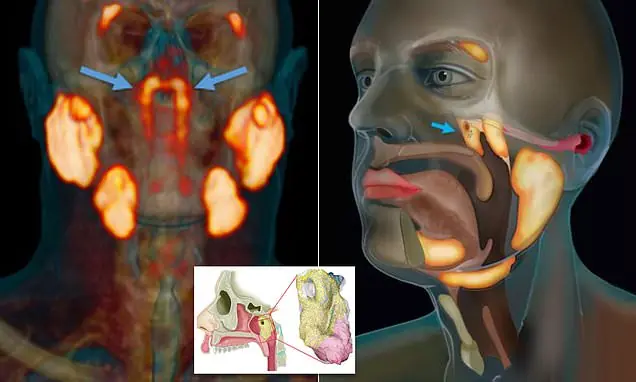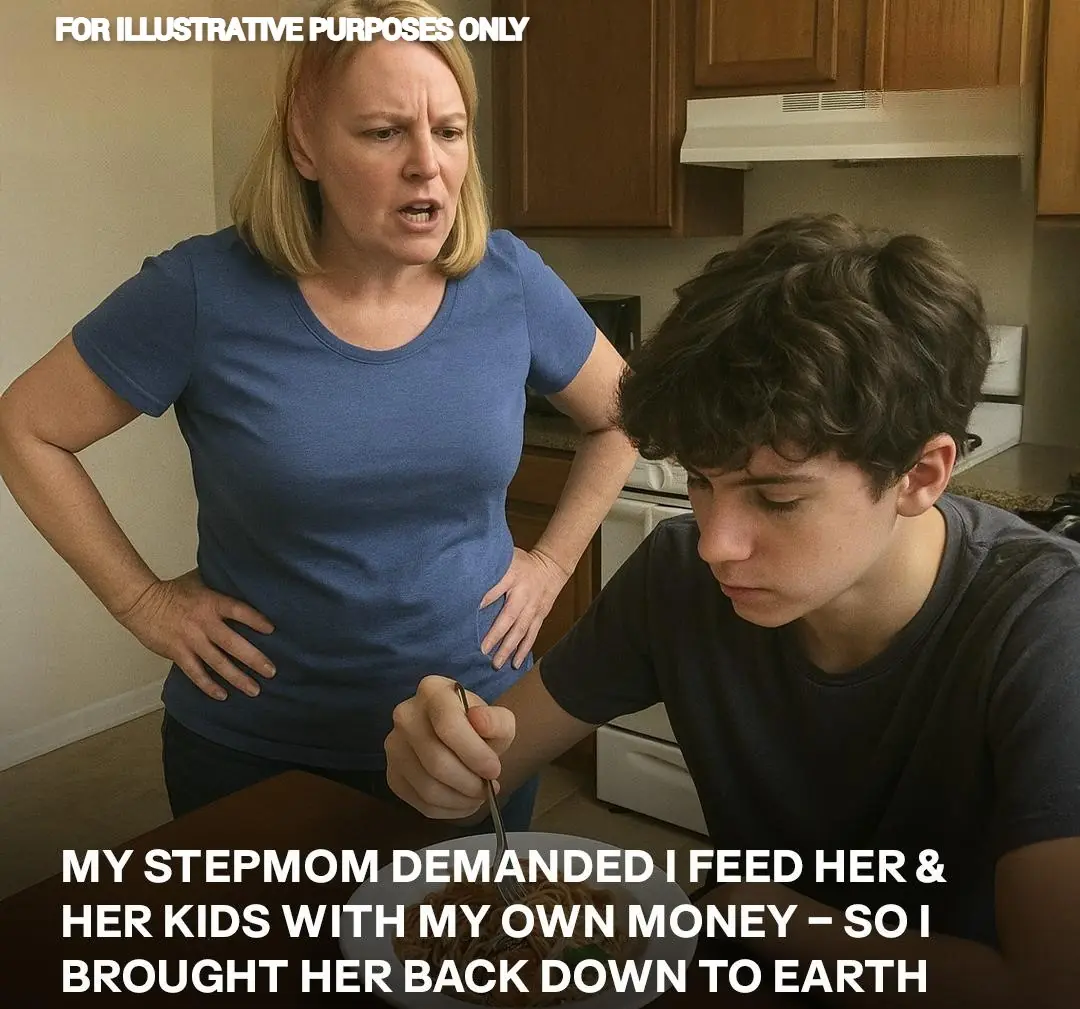
MY WIFE LEFT ME AND OUR CHILDREN AFTER I LOST MY JOB — TWO YEARS LATER, I ACCIDENTALLY MET HER IN A CAFÉ, AND SHE WAS IN TEARS
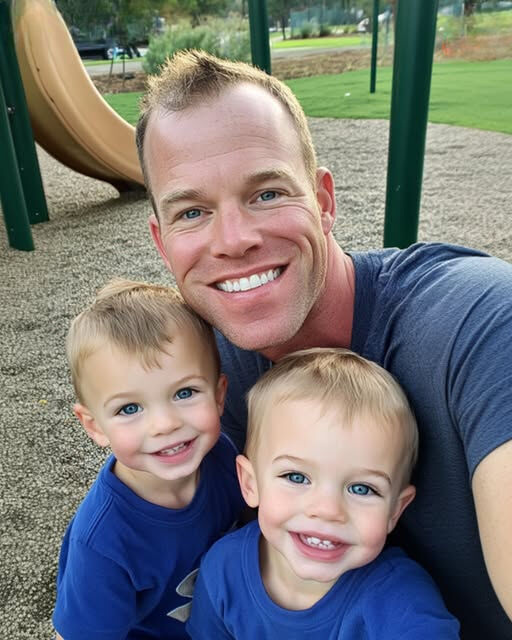
When my wife, Rachel, walked out the door with nothing but a suitcase and a cold, “I can’t do this anymore,” my world collapsed. I was left standing in the hallway with our 4-year-old twins clinging to me on one side and my crumbling pride on the other. Losing my job had shaken me to my core, but her leaving? That was the final blow. She didn’t glance back—not even once. Just silence, and then the task of building a life for three from the rubble she left behind.
The first year? It was a storm I barely survived. Unemployment checks barely kept a roof over our heads, and I hustled through every gig I could get—stocking shelves at midnight, driving rideshare until dawn—just to keep food on the table and the lights from going out. Every night, I collapsed onto the couch, and the only thing that kept me from giving up was the sound of my children’s laughter and their sleepy voices whispering, “We love you, Daddy.” That love was my anchor.
By the second year, something shifted. I landed a stable IT job at a mid-sized tech firm. It didn’t pay six figures, but it came with security, routine, and dignity. We moved out of that moldy one-bedroom and into a clean, sunlit two-bedroom apartment. I started exercising, eating better, even smiling again. We were no longer barely surviving—we were finding joy in the ordinary. I was finally becoming the man I wanted my kids to look up to.
Then it happened—two years to the day after Rachel walked out.
I was sitting at a downtown café, sipping burnt coffee and reviewing code on my laptop when I saw her in the corner. She was alone, hunched over her cup, and crying. At first, I didn’t believe it was her. But when she looked up and our eyes met, the recognition hit like a punch.
She looked… different. Older, yes, but not in a bad way. More like someone who had weathered something heavy. Her once-perfectly-styled hair was thrown up in a loose bun, her face free of makeup, and her hands trembled slightly as she gripped her mug like it was the only thing keeping her grounded.
I stared. She noticed.
“Rachel?” I finally said, standing up, unsure whether to walk away or confront the ghost of our past.
She blinked, surprised, and wiped her eyes quickly, trying to compose herself. “I didn’t expect to ever see you again,” she murmured.
I sat down across from her without asking. “Well, here we are. You left without a word. And now you’re here, crying into your coffee. So—what happened?”
She hesitated. Looked down, then out the window, then back at me. “I made a mistake,” she whispered. “Back then, I thought I was drowning… and instead of swimming with you, I chose to run.”
My jaw tightened. “You didn’t just run. You disappeared. No calls, no letters. The twins cried for you for half a year. Every night.”
Her eyes welled up again. “I know. I can’t justify it. I was scared… and selfish. And I was ashamed. I didn’t know how to fix what I’d broken.”
I wanted to walk away right then. But some part of me, maybe the part that still carried echoes of love or simply needed closure, made me stay.
“Where did you go?” I asked.
“Denver,” she said, her voice barely audible. “I stayed with an old college friend. Got a job at a small bookstore. Tried to convince myself I didn’t miss you or the kids. But every holiday I missed, every giggle I didn’t hear… it haunted me.”
She paused, then continued, “Last month, I got sick. Nothing terminal, but serious enough to remind me I had no one. No family. No friends left. I’d abandoned everyone that ever truly mattered.”
She looked up at me with eyes full of sorrow. “I never cheated,” she added quickly. “There wasn’t anyone else. It wasn’t about that. I just… wasn’t strong enough to stay.”
Silence fell between us. I didn’t respond. I couldn’t.
After a long moment, I finally said, “The twins are okay. Happy. They laugh a lot. They’re resilient. And I’m doing fine, too.”
She nodded, fresh tears sliding down her cheeks. “Do they hate me?”
I shook my head. “They don’t talk about you much anymore. I think they buried the pain. But no… they don’t hate you. They just don’t really know you now.”
She broke down completely—shoulders shaking, sobs echoing softly through the café. People stared. I didn’t move to comfort her.
That part of me was gone.
A week later, she messaged. Asked if she could write them a letter. I didn’t say yes right away. I didn’t fully trust her. But I saw something in her eyes that day—a kind of quiet desperation that said she finally understood what she’d done.
After careful thought, I agreed to let her meet them—once, in a public place, and only if the kids wanted it.
When I told them, my daughter, Lila, asked, “Why does she want to see us now?” My son, Eli, just shrugged. I told them it was entirely their choice. I wouldn’t make it for them.
Three weeks later, we met Rachel at a quiet park. She brought modest gifts: a couple of kids’ novels, and a handmade scrapbook of baby photos she had kept all this time.
The kids were quiet at first. Lila held my hand tightly. Eli asked practical questions: “Do you have a dog?” “Where do you live?”
Then Lila looked at her and asked, “Why did you leave us?”
Rachel didn’t look away. “Because I made a terrible decision,” she said. “But not one day passed where I didn’t regret it.”
It wasn’t some movie-worthy reunion. There were no dramatic hugs, no orchestral music swelling. But they listened. And they nodded. And that was something.
Over time, Rachel became a part of their lives again—slowly, cautiously. She stayed in Denver but visited monthly. She didn’t push. Didn’t ask for forgiveness. She just showed up. Again and again.
Two years later, we’re not together. We never will be. But we’re okay.
The kids know their mother now. They understand she failed, but they also see her trying to make things right. They’ve learned that love isn’t always perfect—and that redemption doesn’t mean erasing the past, but facing it with honesty.
Sometimes people shatter. But sometimes, they gather the pieces, one by one, and try to rebuild—not what they had, but something new. Something honest.
If this story moved you, please like and share. Someone out there needs to hear this: Broken doesn’t mean beyond repair. It just means the next chapter is still unwritten.
News in the same category

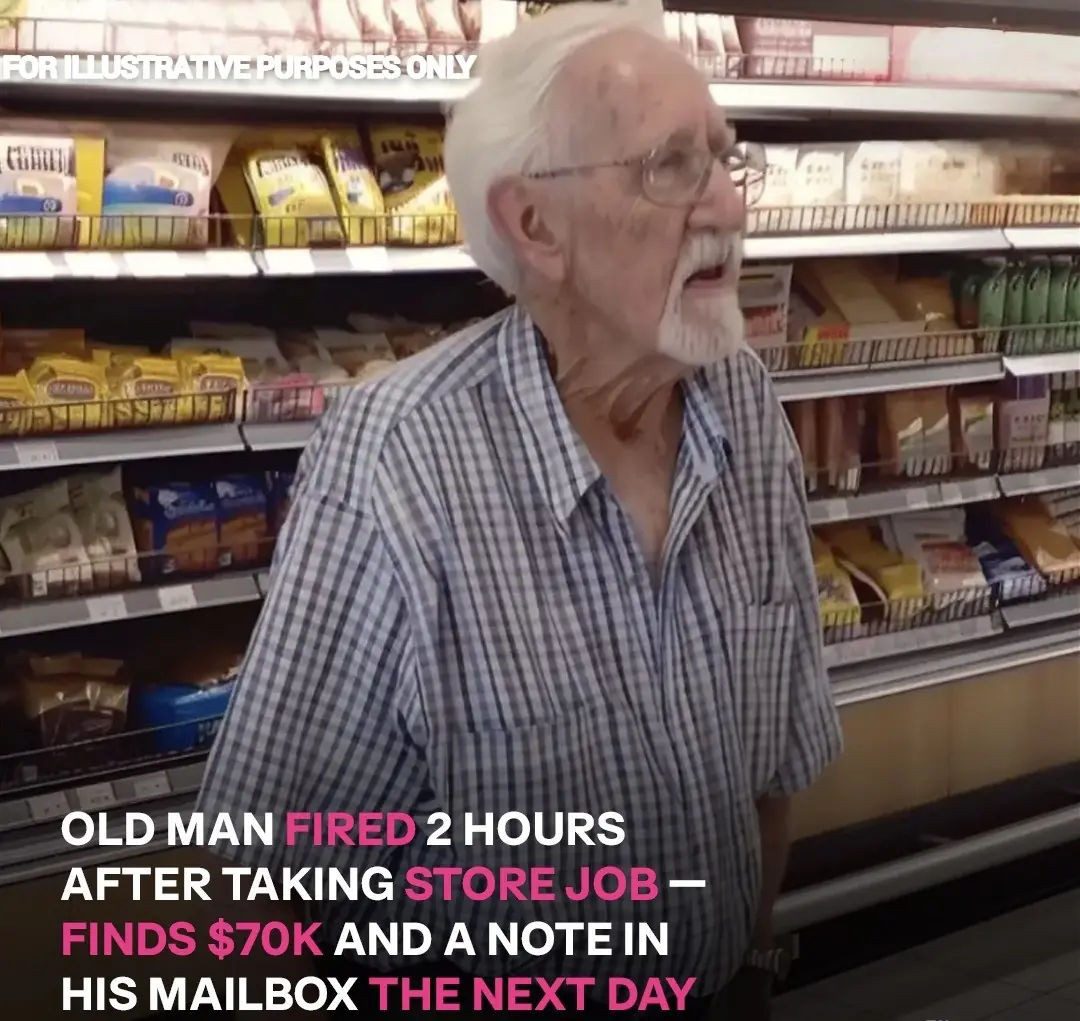
Older Man Is Fired 2 Hours after Taking Store Job, Gets $70K for Wife’s Treatment the Next Day – Story of the Day
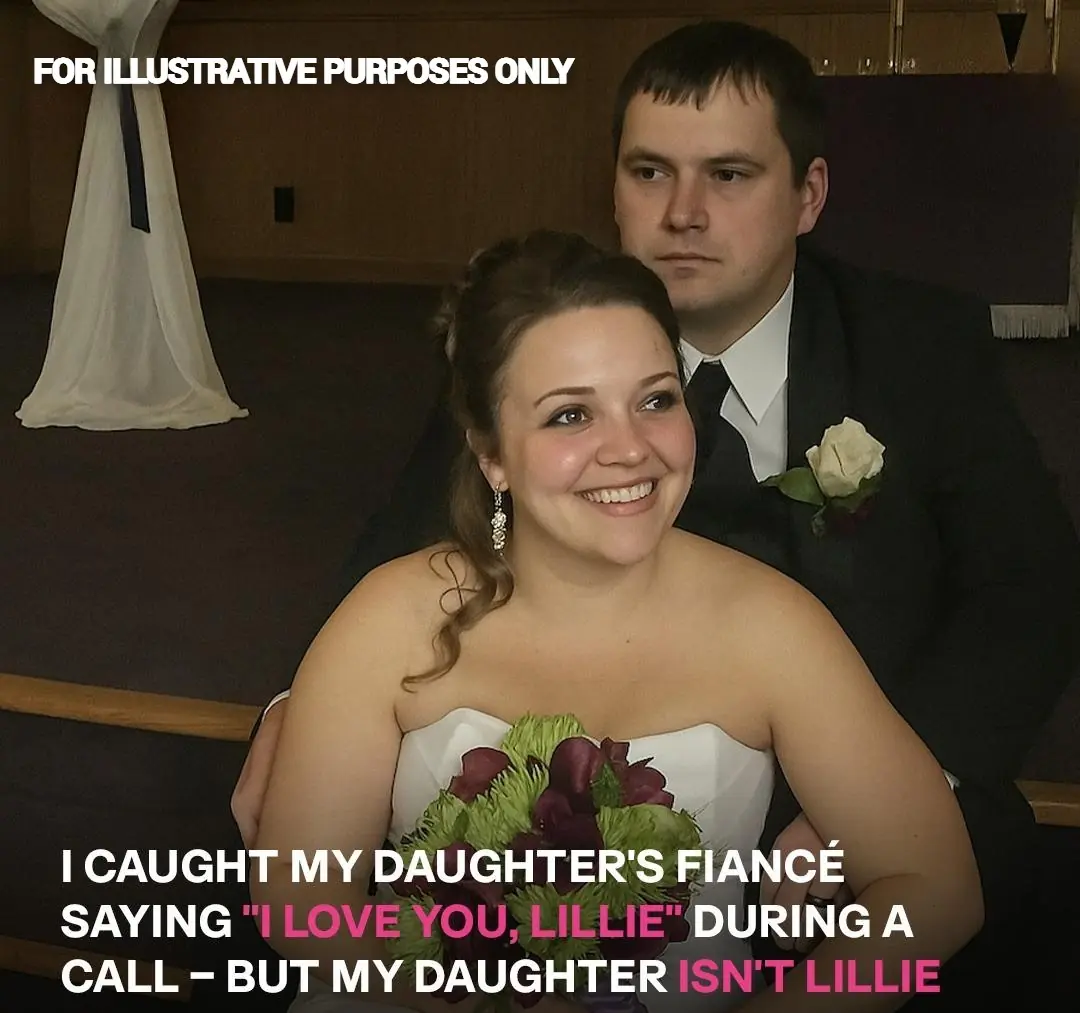
My Daughter Banned Me from Her Wedding, So I Showed up with a Tape That Exposed the Truth – Story of the Day

Seeing her husband with another woman, Veronika did not start a scandal; instead, she decided to give her spouse a gift he would never have expected
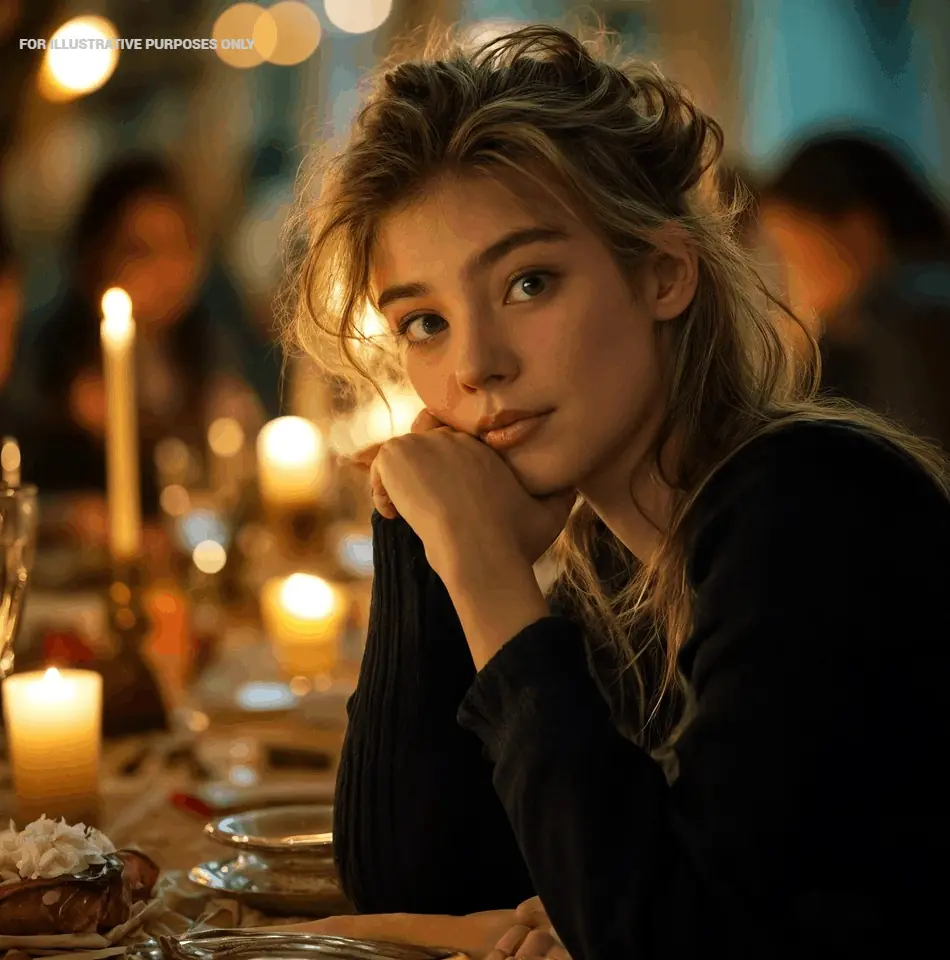
I was sitting at the anniversary and kept thinking one thing — it’s time to leave their son.
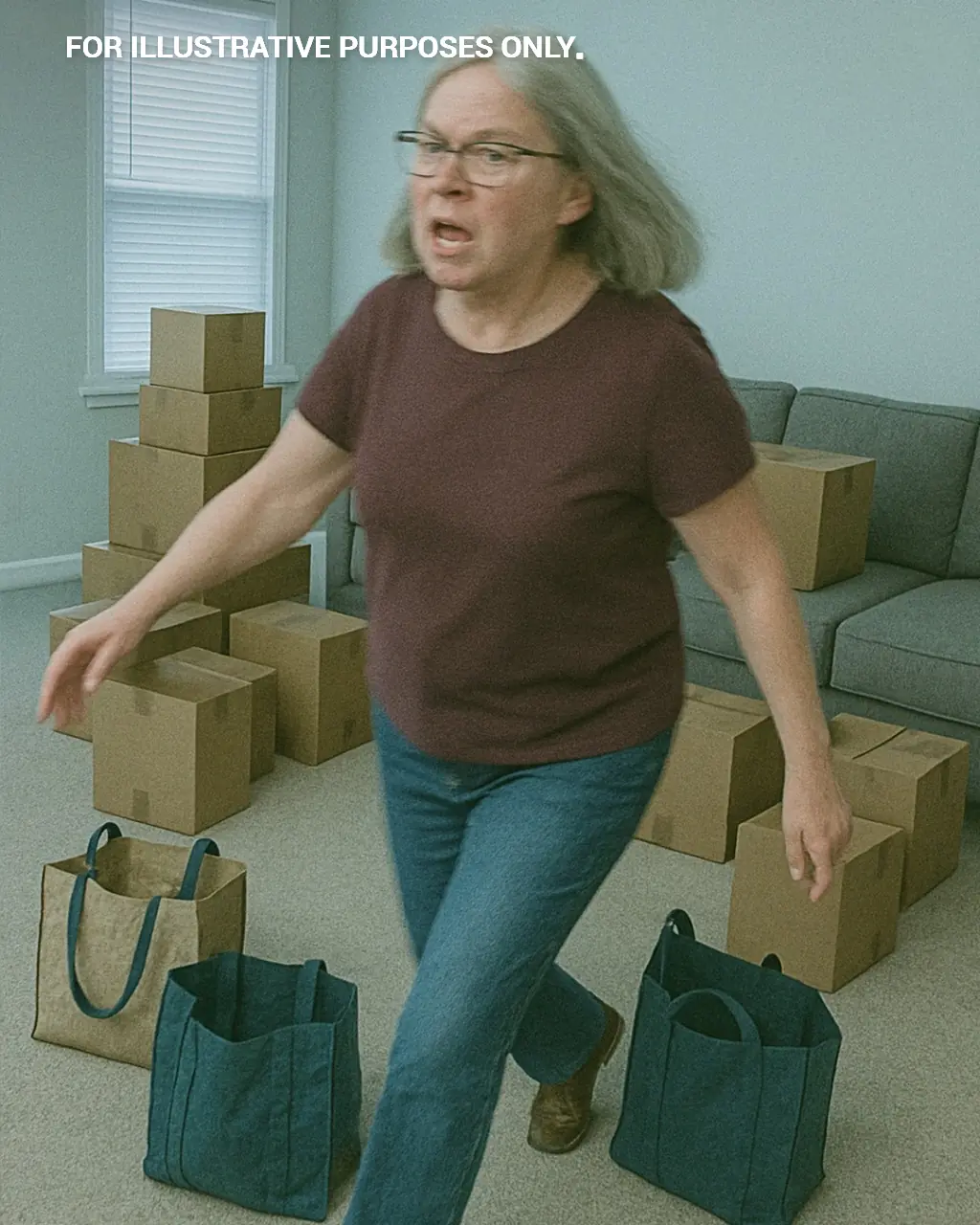
I Was Forced to Pay Rent to My Future MIL Just to Stay in Her House and Keep My Relationship Alive – Story of the Day

The sick son of wealthy parents married a simple girl, and she took him to the countryside. After six months, the parents barely recognized their son.
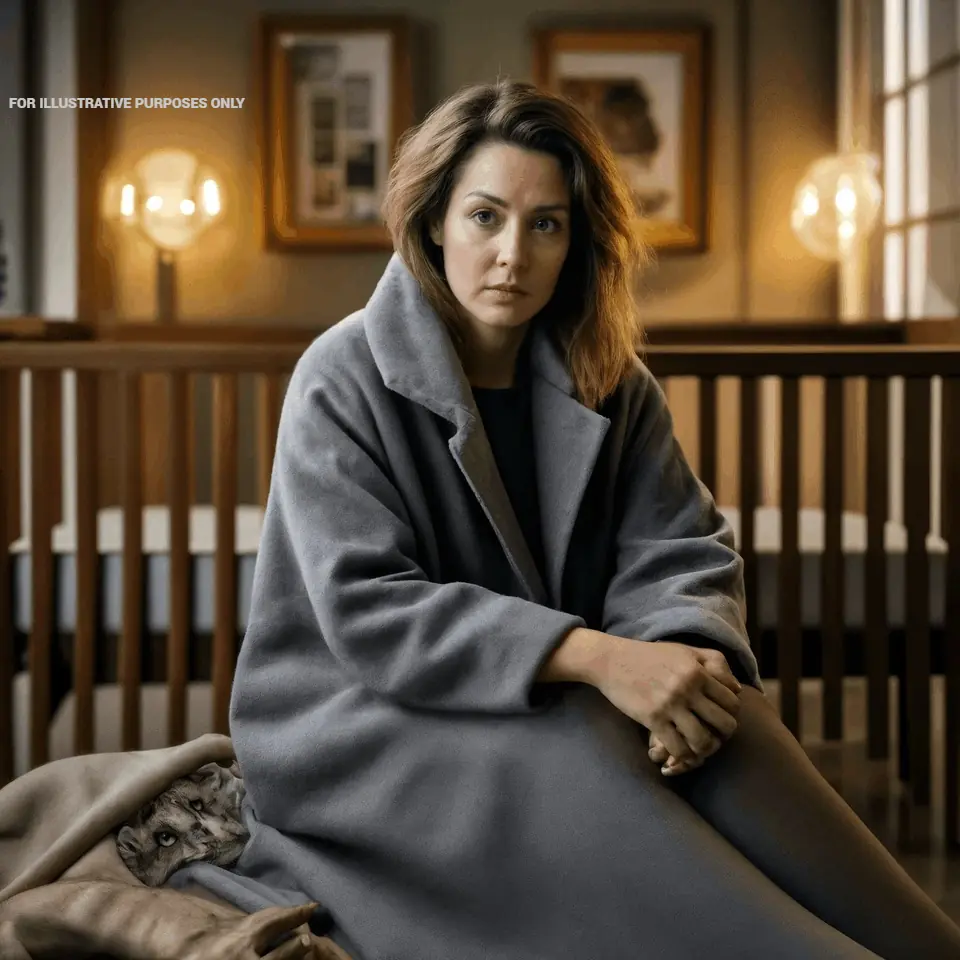
Victoria heard the shouting from her apartment while still on the staircase. It was so familiar, and she was so tired of it!
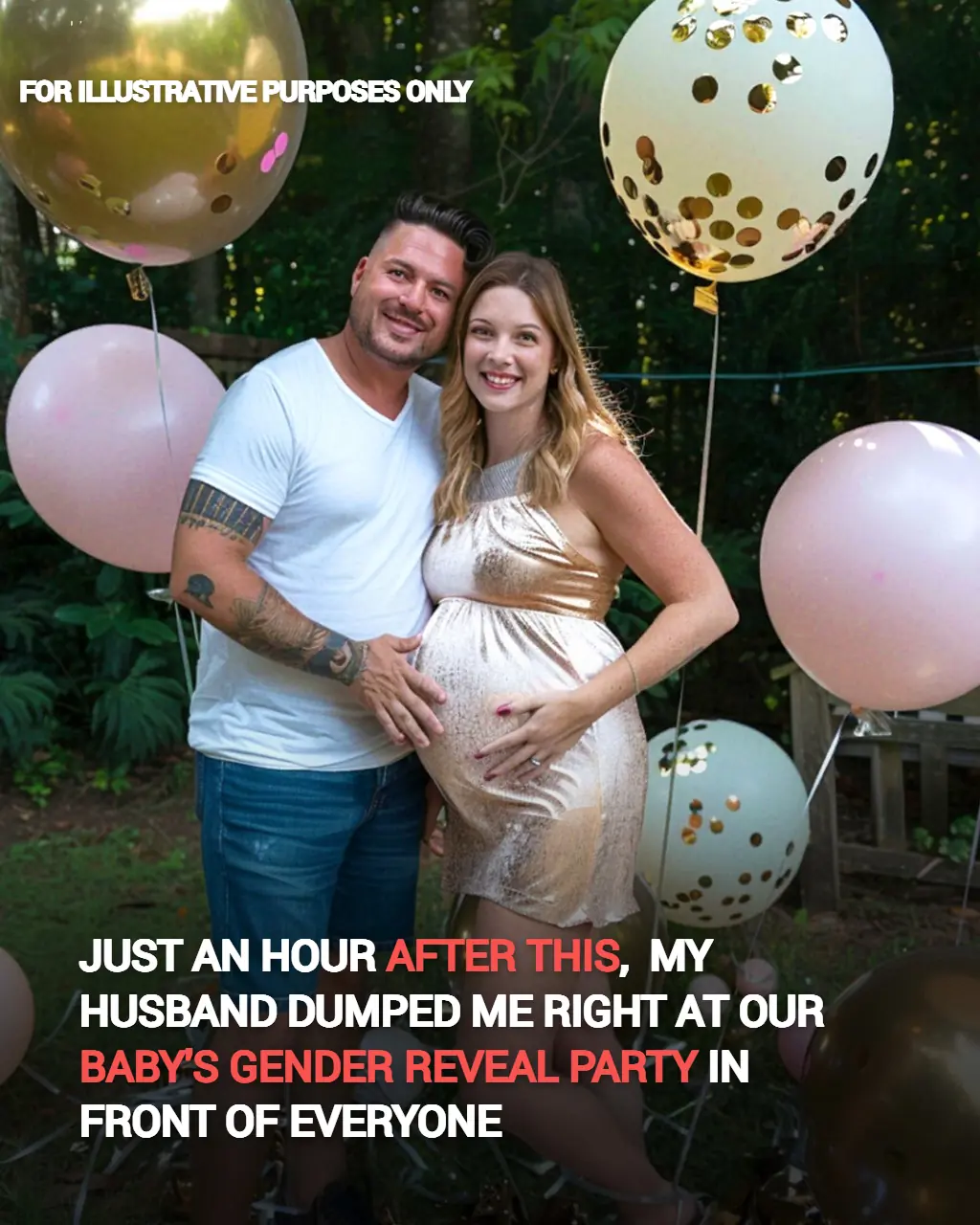
Gender Reveal Event Goes Awry as Husband Declares to Pregnant Wife He's Sterile – Story of the Day
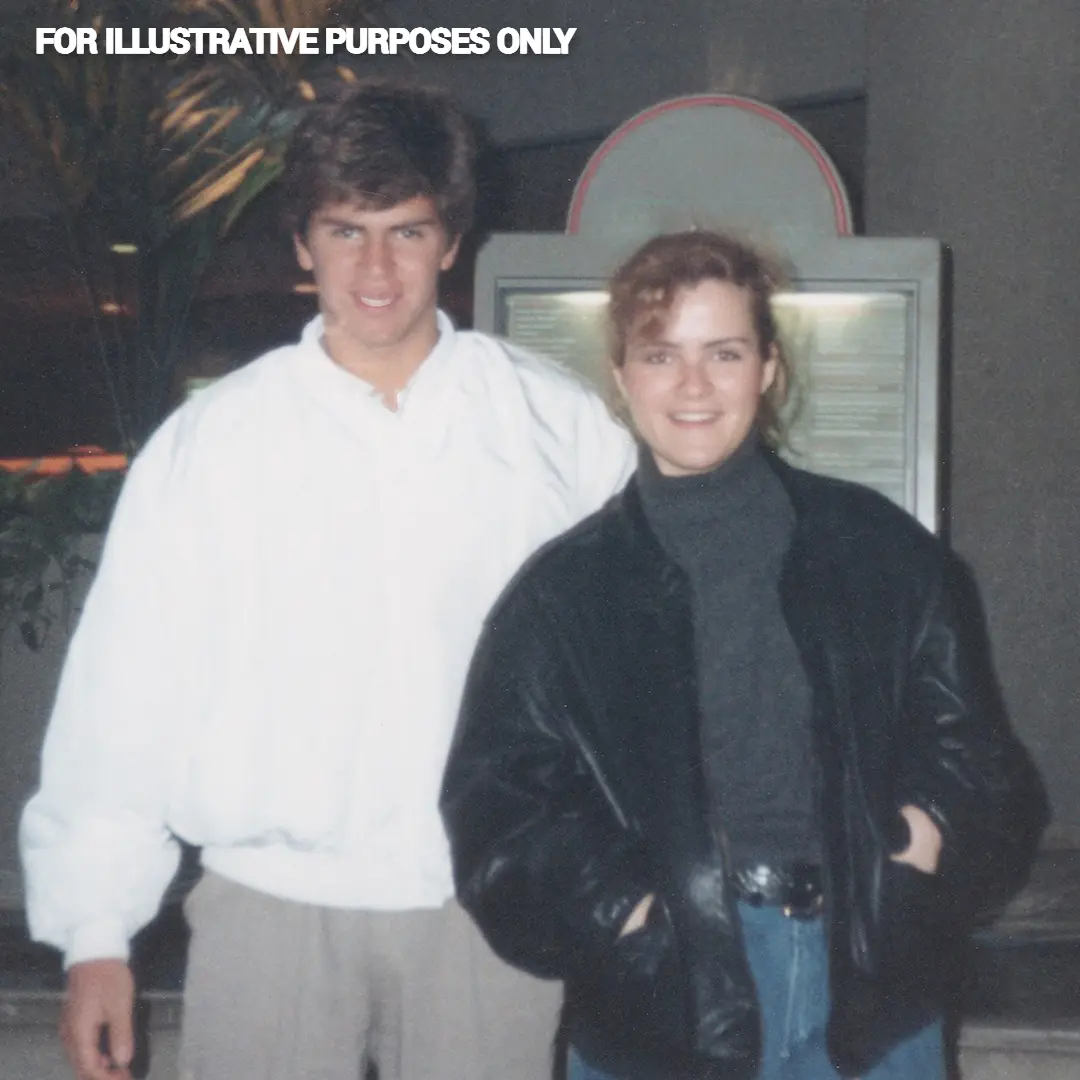
The Love of My Life Disappeared without a Word decades Later, Her Funeral Gave Me the Answer — Story of the Day
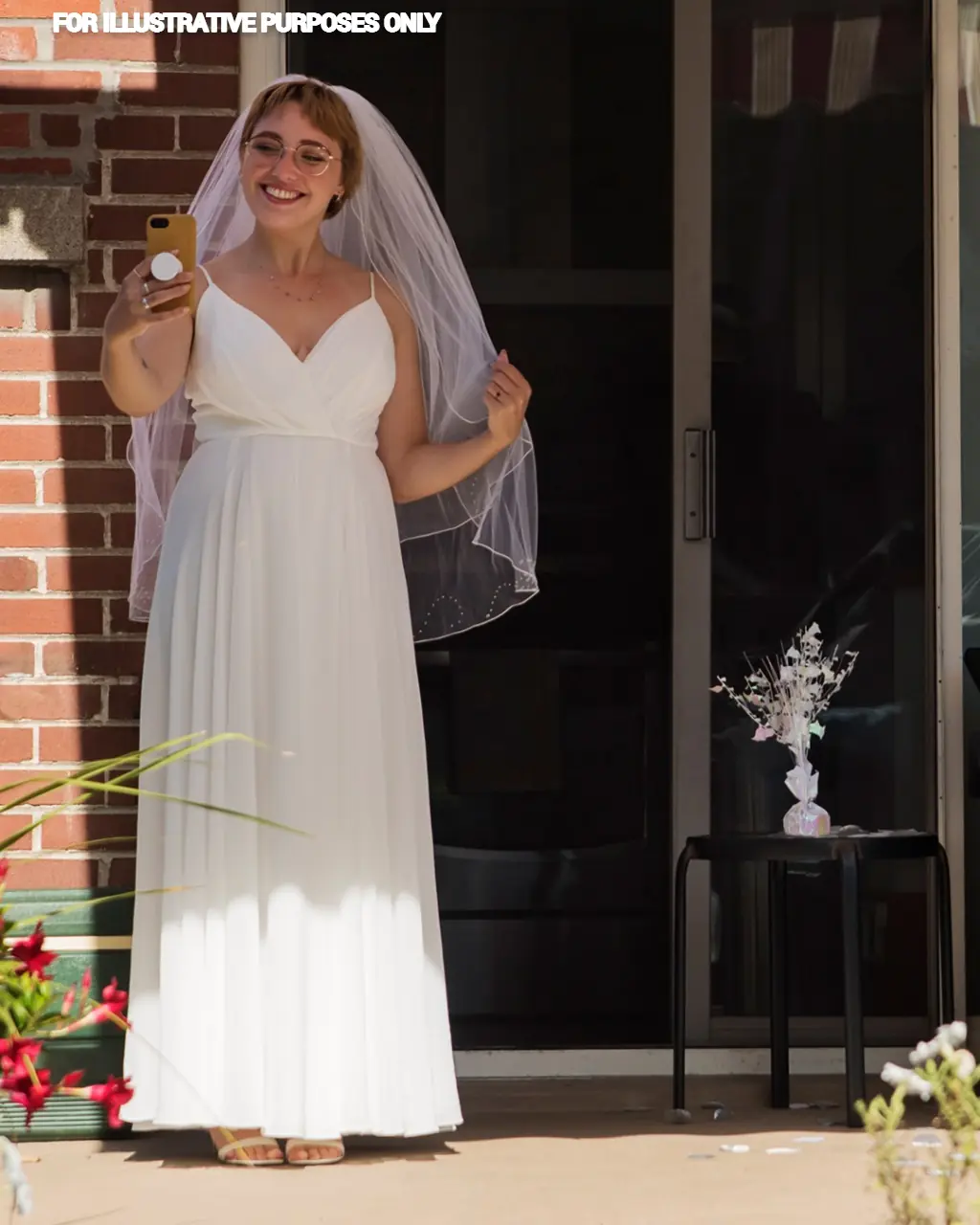
After Marrying, My Wife Became Too Secretive, So One Day I Decided to Follow Her – Story of the Day
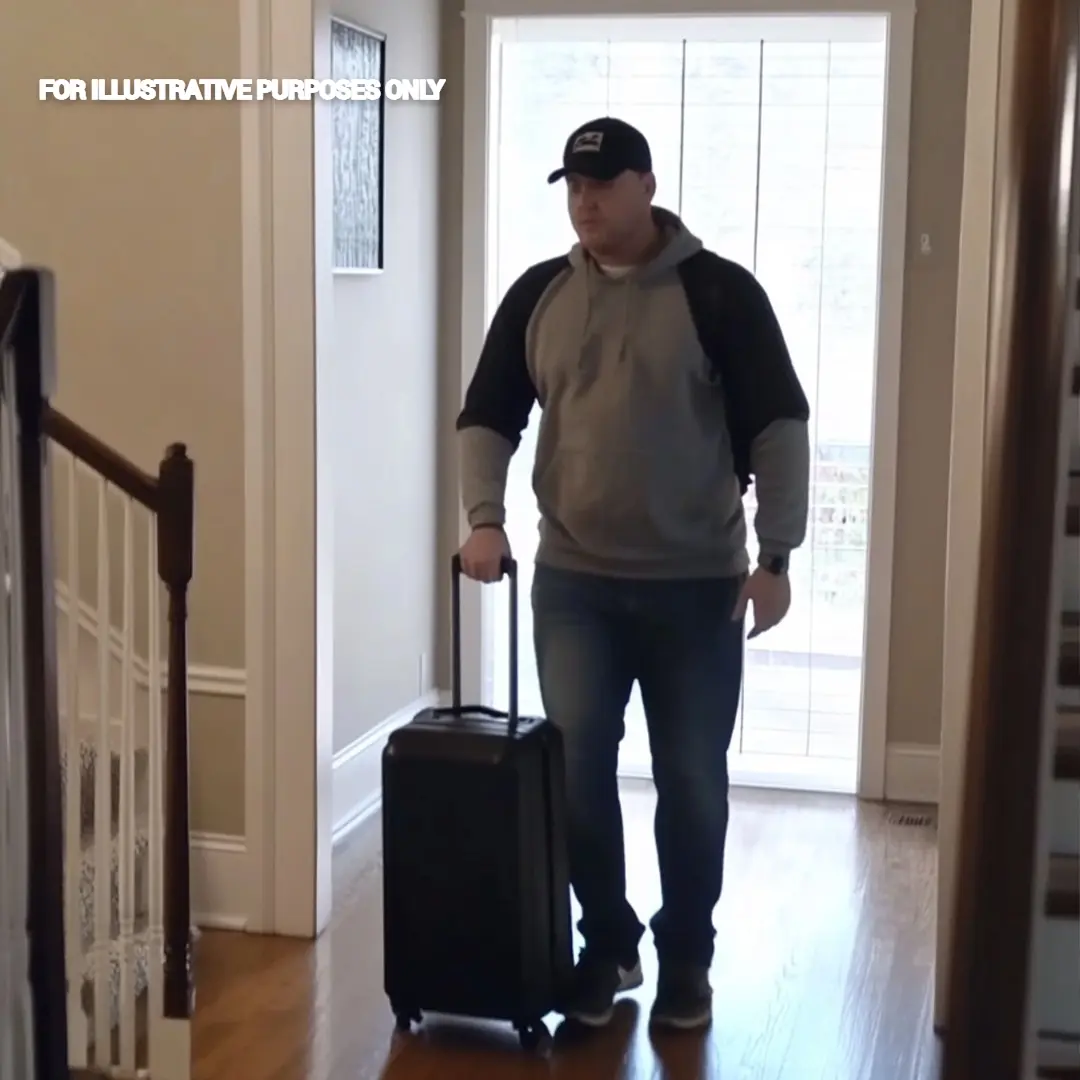
My Husband Went on Vacation with His Lady Boss to 'Secure a Promotion'—So I Sent Him off with a Surprise He'll Never Forget
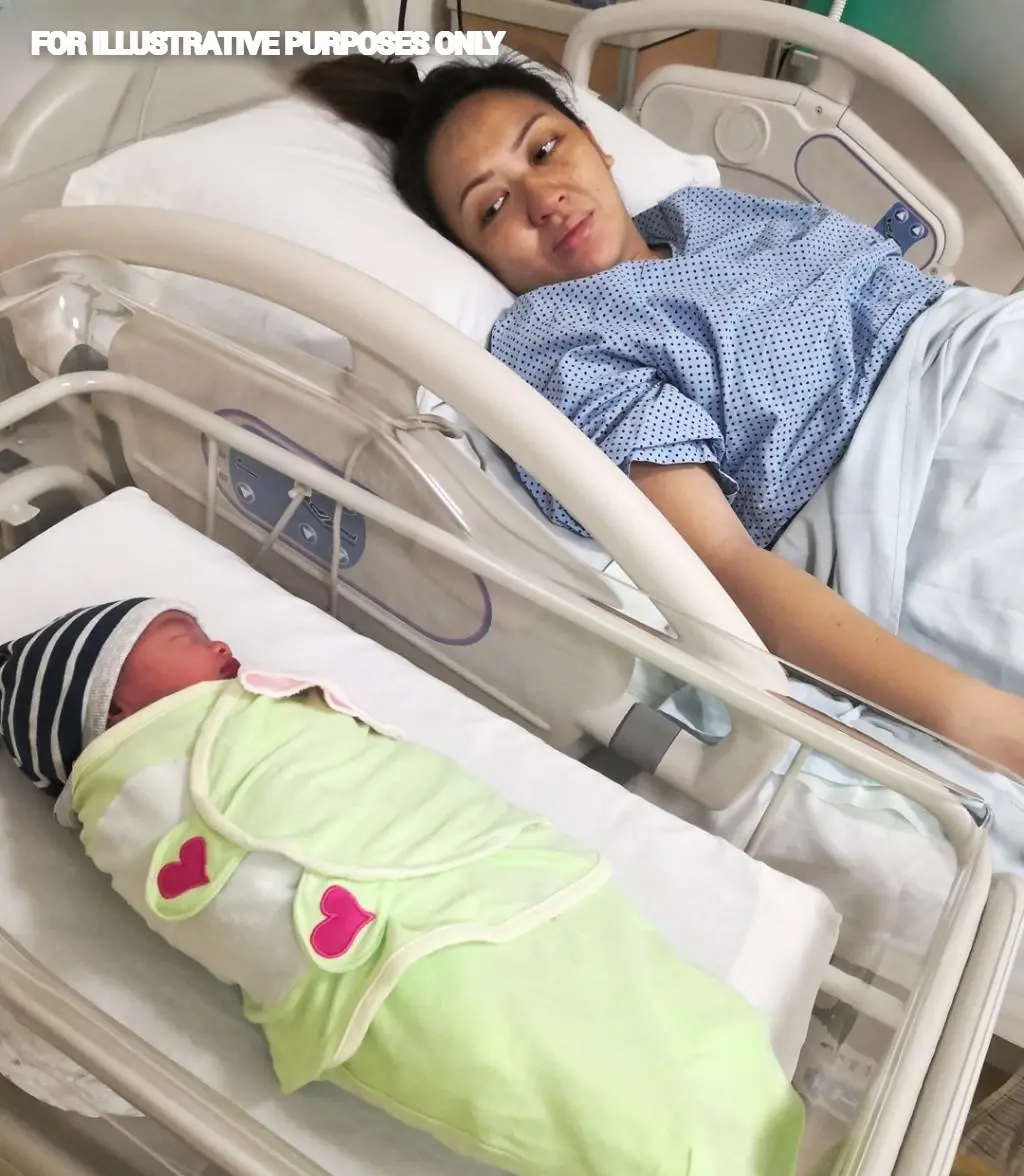
My Sister Named Her Son the Same as Mine! I Didn't Understand Why Until Our Mother's Will Was Read – Story of the Day
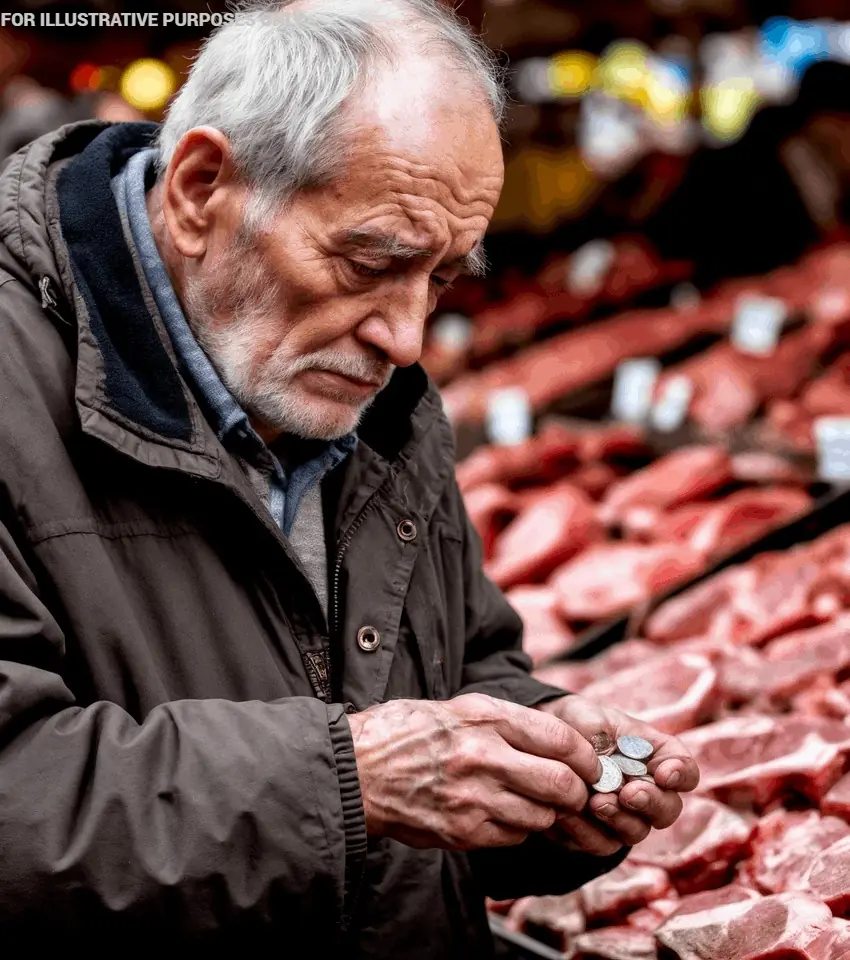
— Move along, old man, this isn’t the place for your pennies.

The closer the wedding got, the gloomier Ilya became. Mila couldn’t understand—what had happened to him? Had he changed his mind?
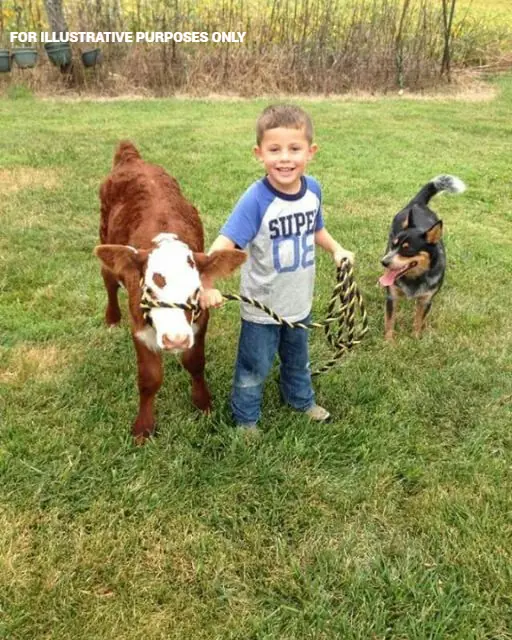
HE NAMED THE CALF “BUTTONS”—BUT ONCE THE TRUCK PULLED UP, GRANDPA WOULDN’T LOOK HIM IN THE EYE
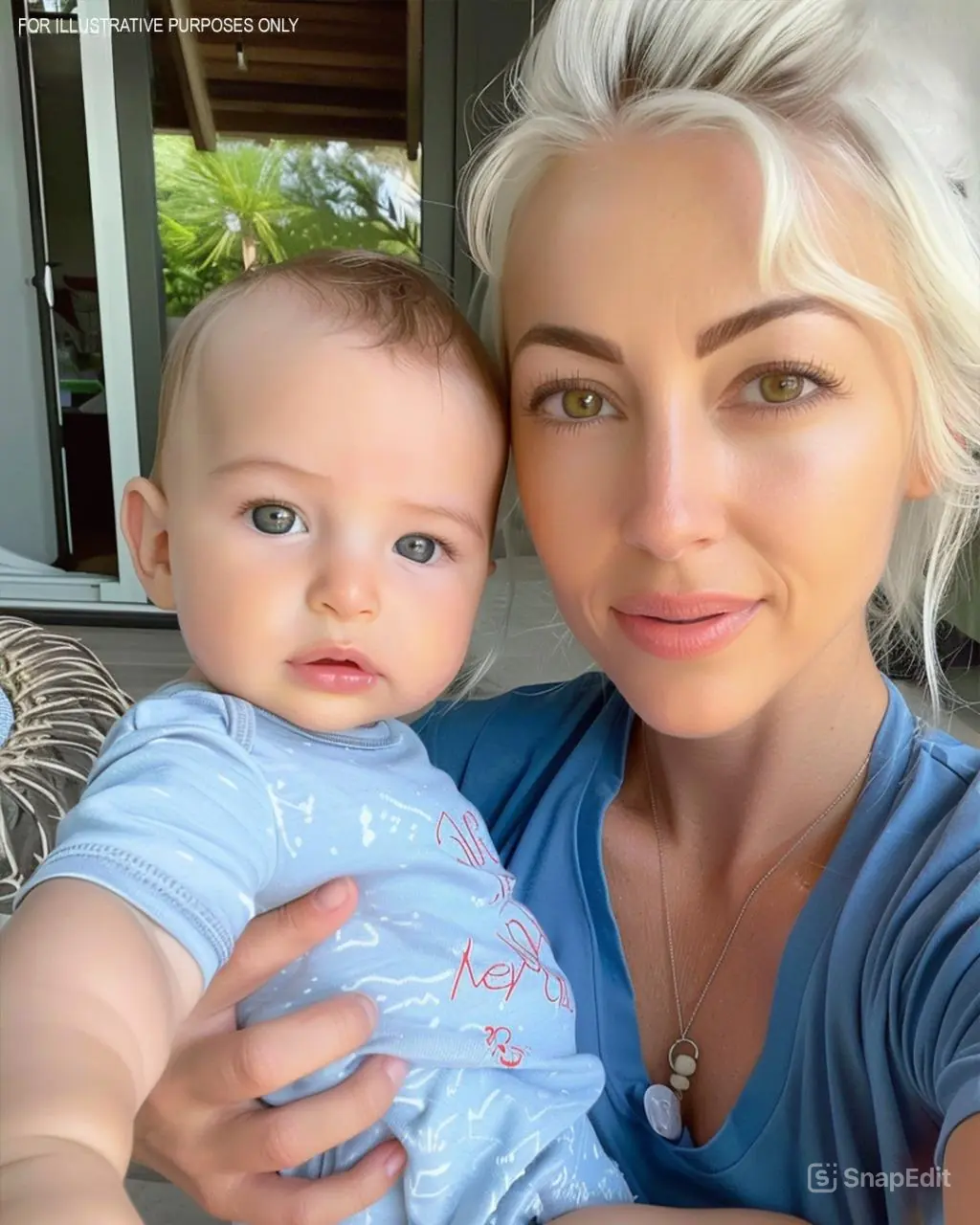
I Lost My Job After Becoming a Mom Because They 'Need Someone Who Won't Get Distracted'
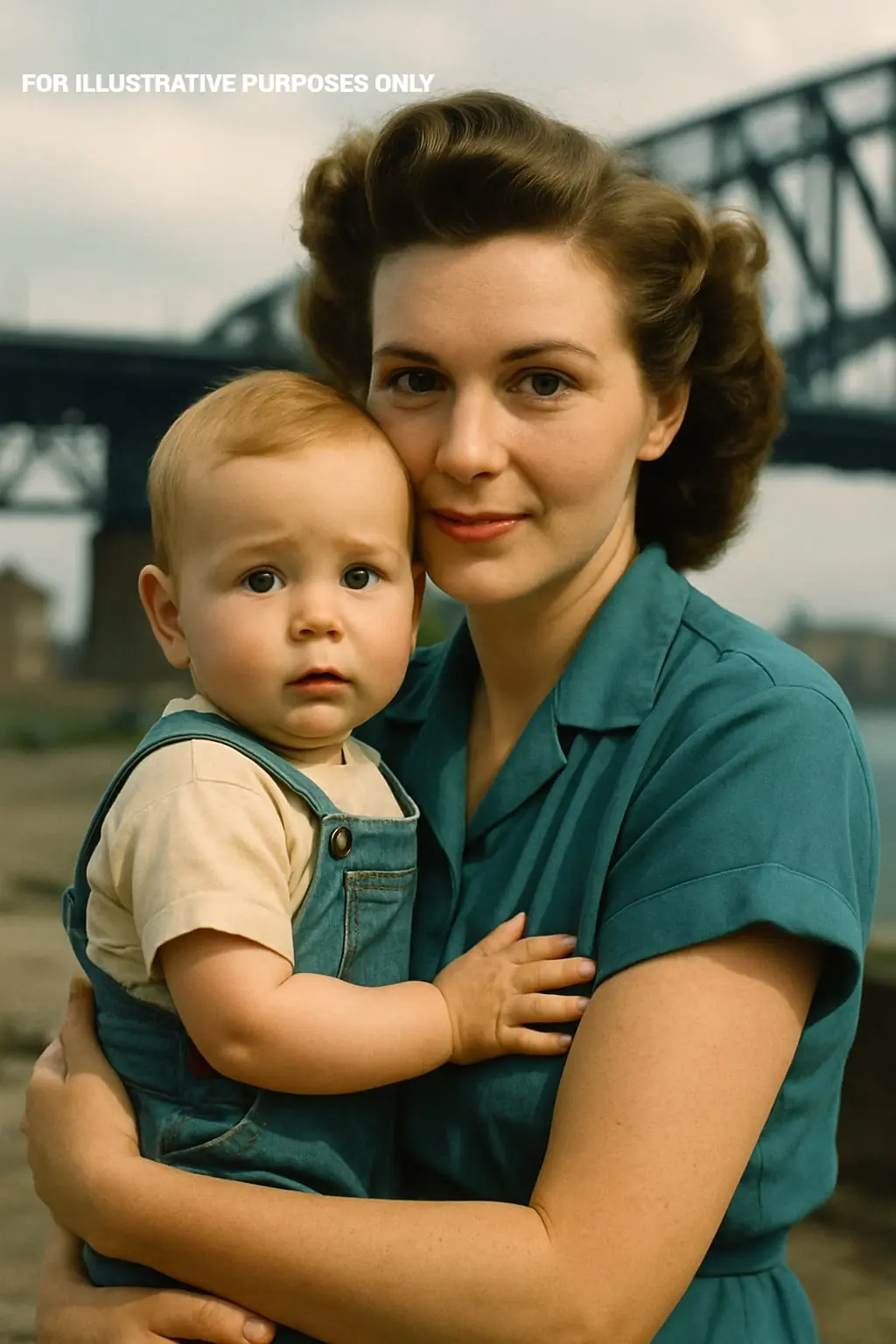
I found a three-year-old blind boy, who was unwanted by anyone, under a bridge, took him in, and raised him as my own.
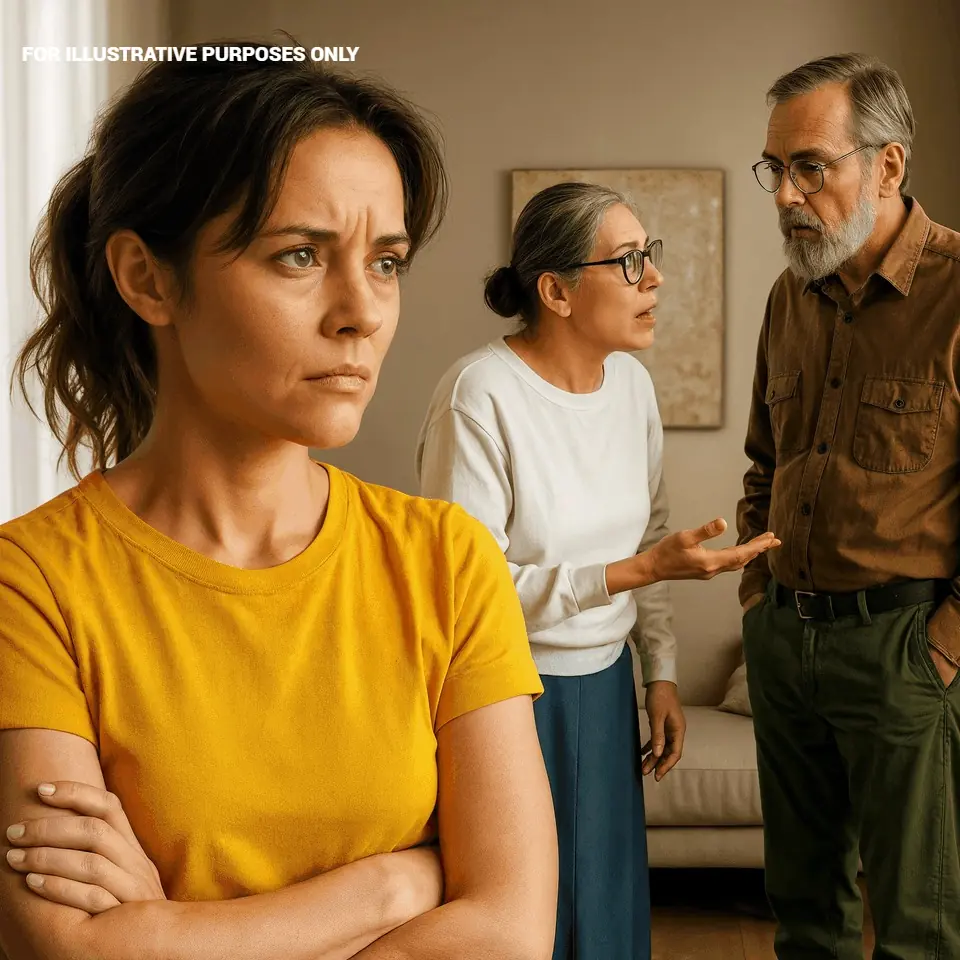
Arriving at the country house for the May holidays, Svetlana entered the hallway and overheard what her husband’s parents were discussing, and three days later, she filed for divorce.
News Post

Black Garlic: Health Benefits and Why You Should Add It to Your Diet
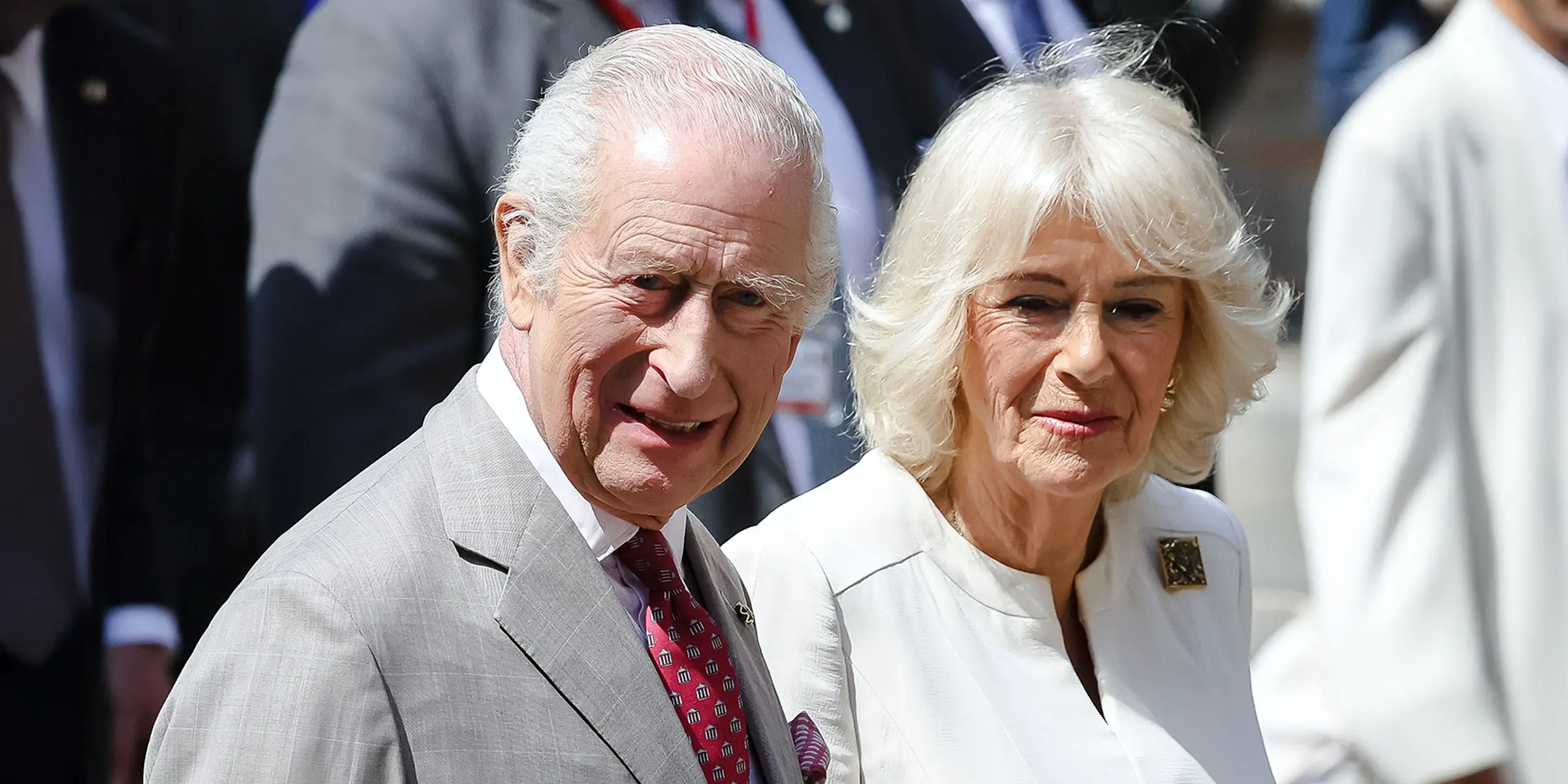
Coronation State Portraits of King Charles and Queen Camilla Spark Mixed Reactions
Two freshly unveiled portraits have reignited a centuries-old royal tradition while sparking a wave of unexpected public commentary.

'Is She Ok?': Nicole Kidman, 57, Sparks Concern After Her 2025 Met Gala Appearance - Video
The "Big Little Lies" actress is a Met Gala regular who often sparks conversation with her bold fashion or dramatic hair transformations.

My Stepmom Demanded I Feed Her & Her Kids—So I Taught Them a Lesson They Won't Forget
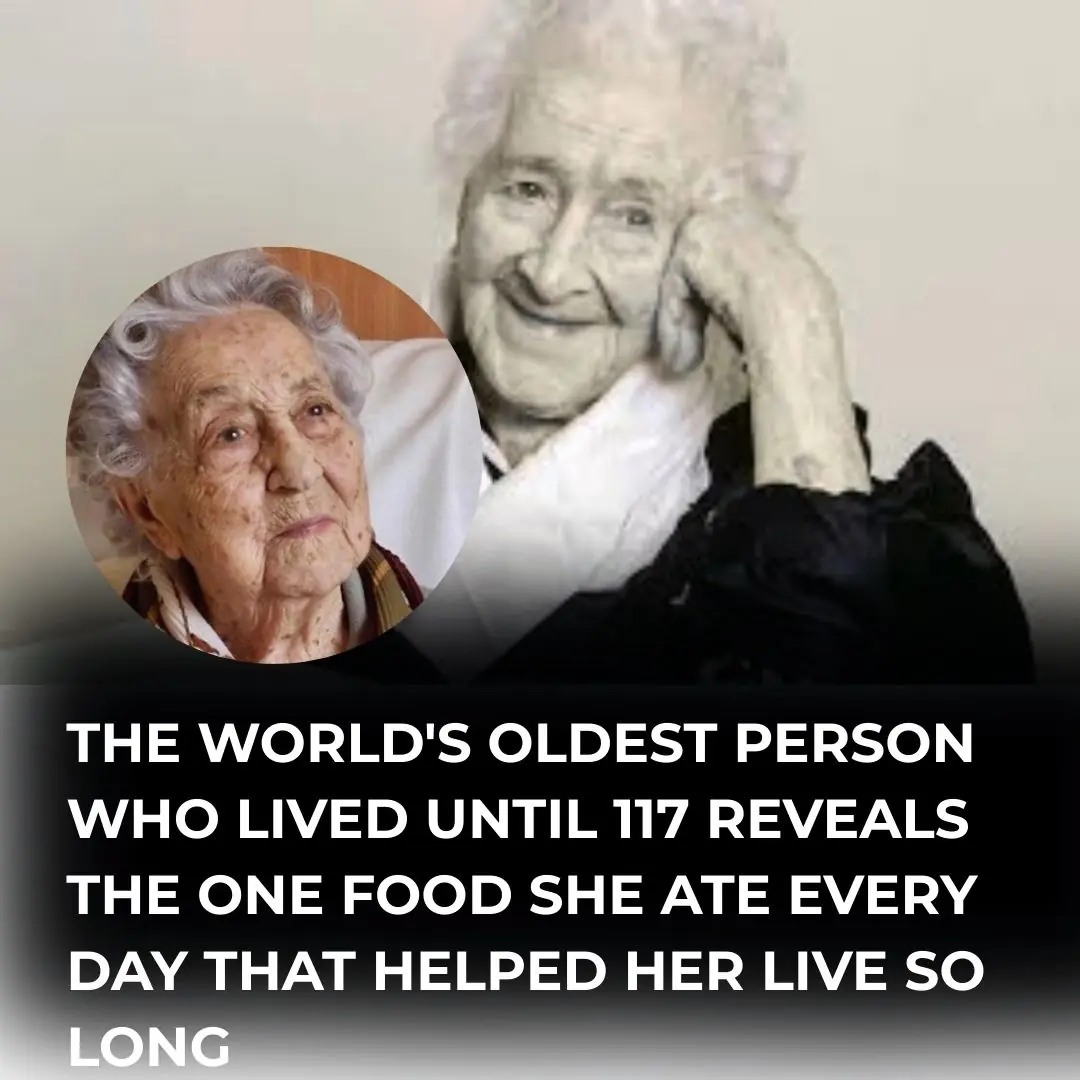
The world’s oldest woman, who lived to 117, ate the same meal every day throughout her life

Older Man Is Fired 2 Hours after Taking Store Job, Gets $70K for Wife’s Treatment the Next Day – Story of the Day
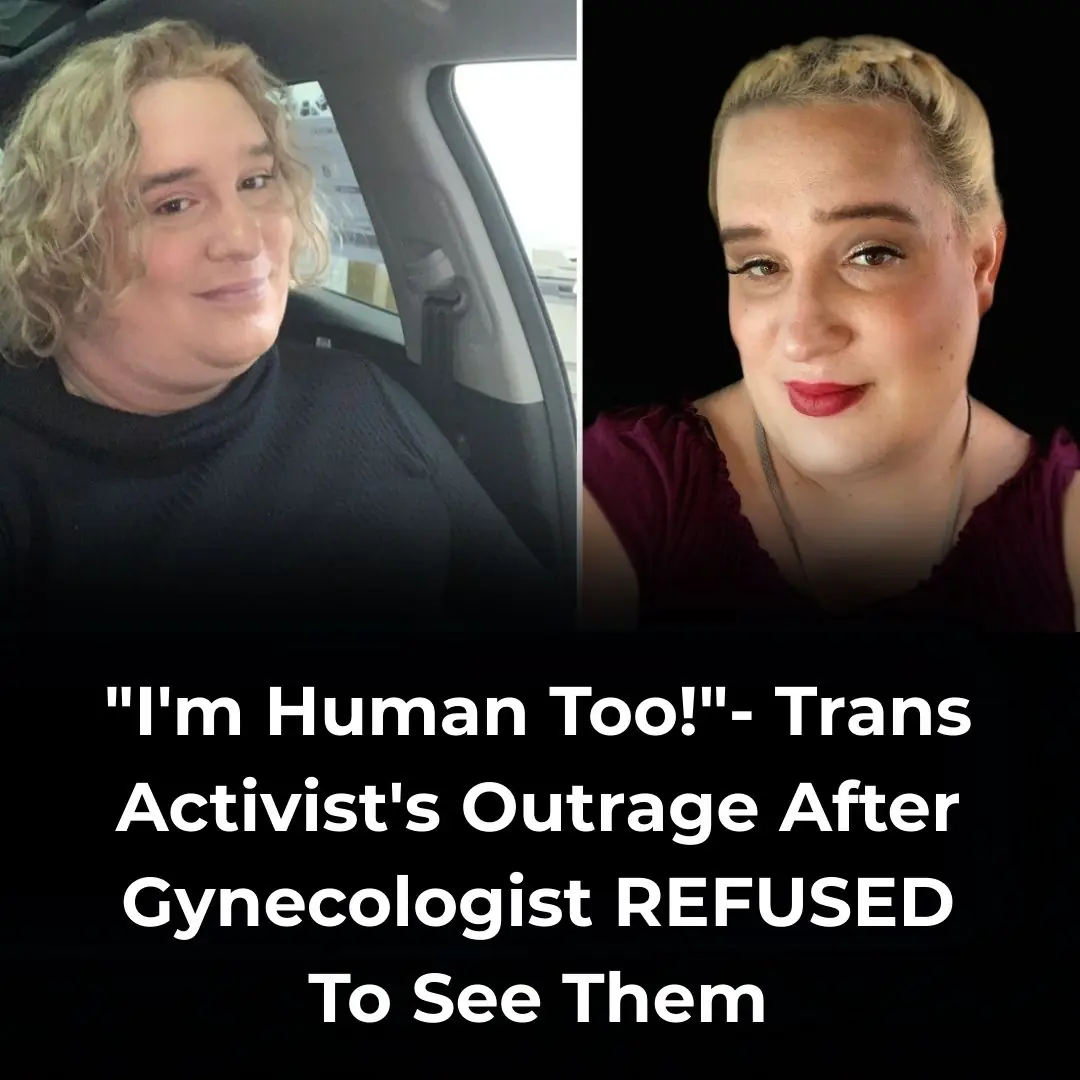
Gynecologist Refuses to Treat Trans Woman, Sparking Backlash Over Refused Care

My Daughter Banned Me from Her Wedding, So I Showed up with a Tape That Exposed the Truth – Story of the Day
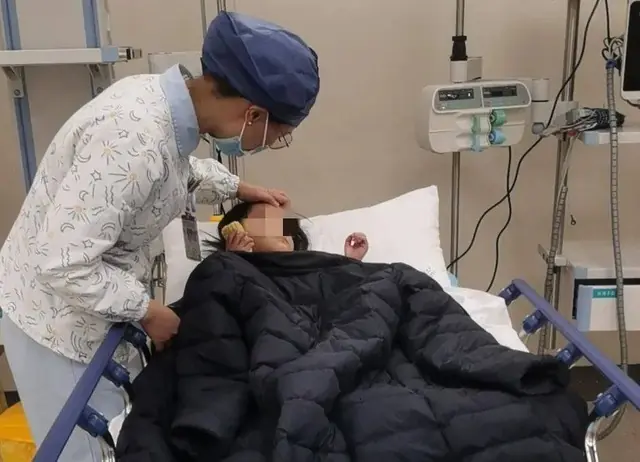
A 4-Year-Old Girl Nearly Lost Her Life to Diabetes — Parents in Tears: “I Spoiled Her Too Much!”
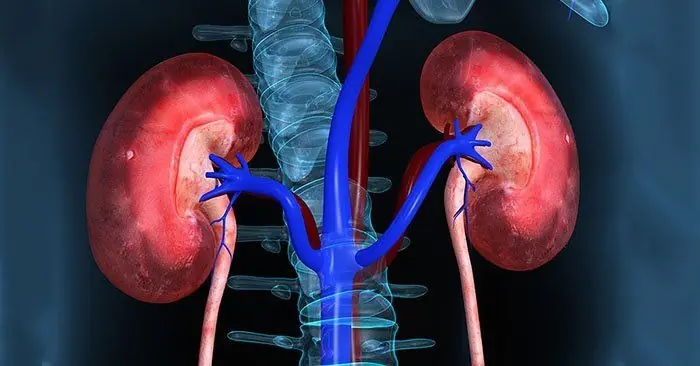
8 Signs of Kidney Failure That, If Ignored, Could Lead to a Lifetime of Dialysis

Seeing her husband with another woman, Veronika did not start a scandal; instead, she decided to give her spouse a gift he would never have expected
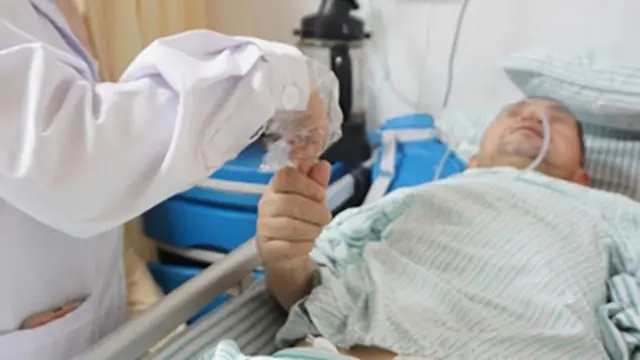
A 52-Year-Old Man Died from Diabetes: Doctor Warns – Remove These 4 Breakfast Foods from Your Table

I was sitting at the anniversary and kept thinking one thing — it’s time to leave their son.

I Was Forced to Pay Rent to My Future MIL Just to Stay in Her House and Keep My Relationship Alive – Story of the Day

The sick son of wealthy parents married a simple girl, and she took him to the countryside. After six months, the parents barely recognized their son.

Victoria heard the shouting from her apartment while still on the staircase. It was so familiar, and she was so tired of it!

Gender Reveal Event Goes Awry as Husband Declares to Pregnant Wife He's Sterile – Story of the Day
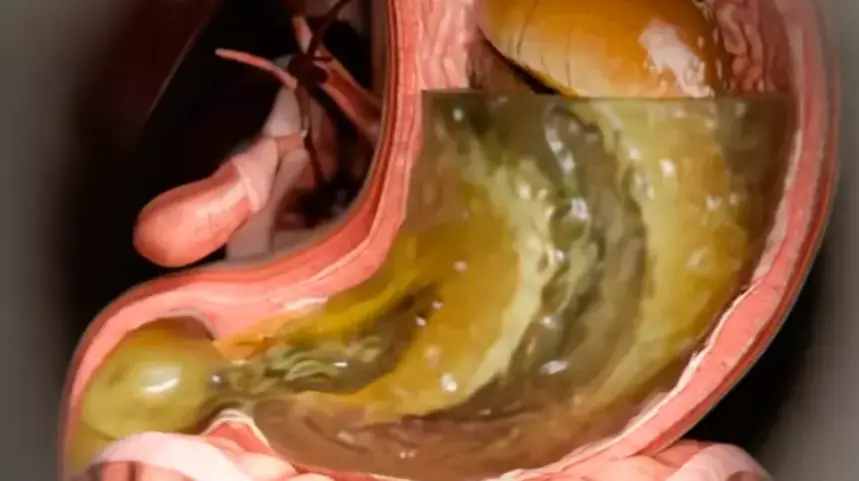
Celebrities Reveal Ozempic Side Effects as Simulations Show Its Impact on the Body
